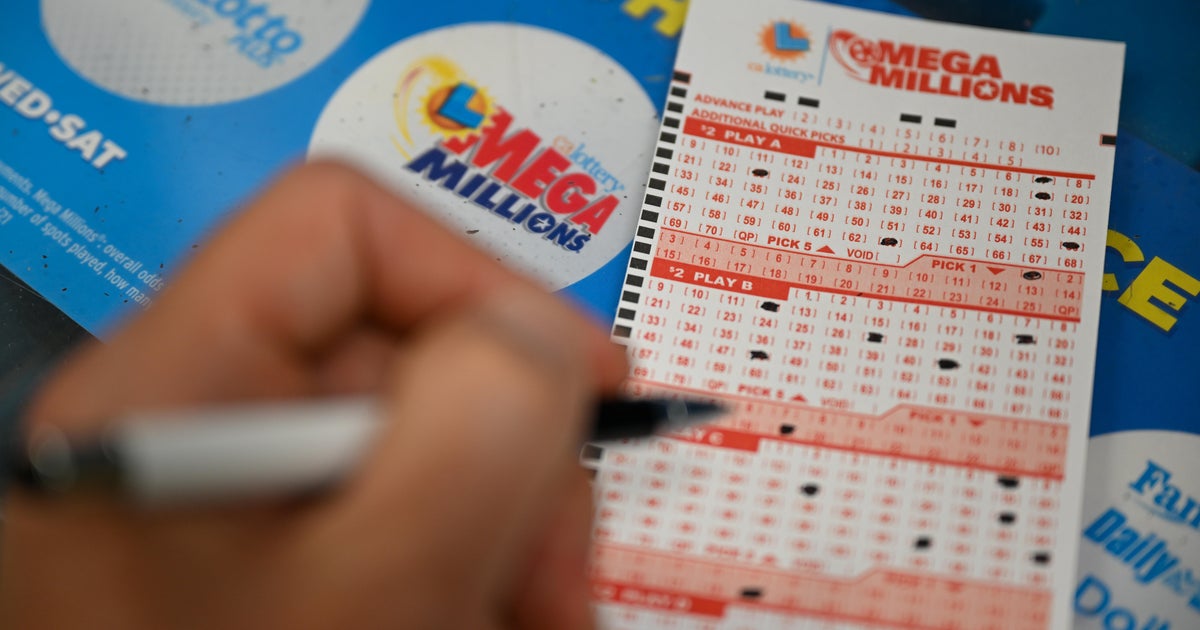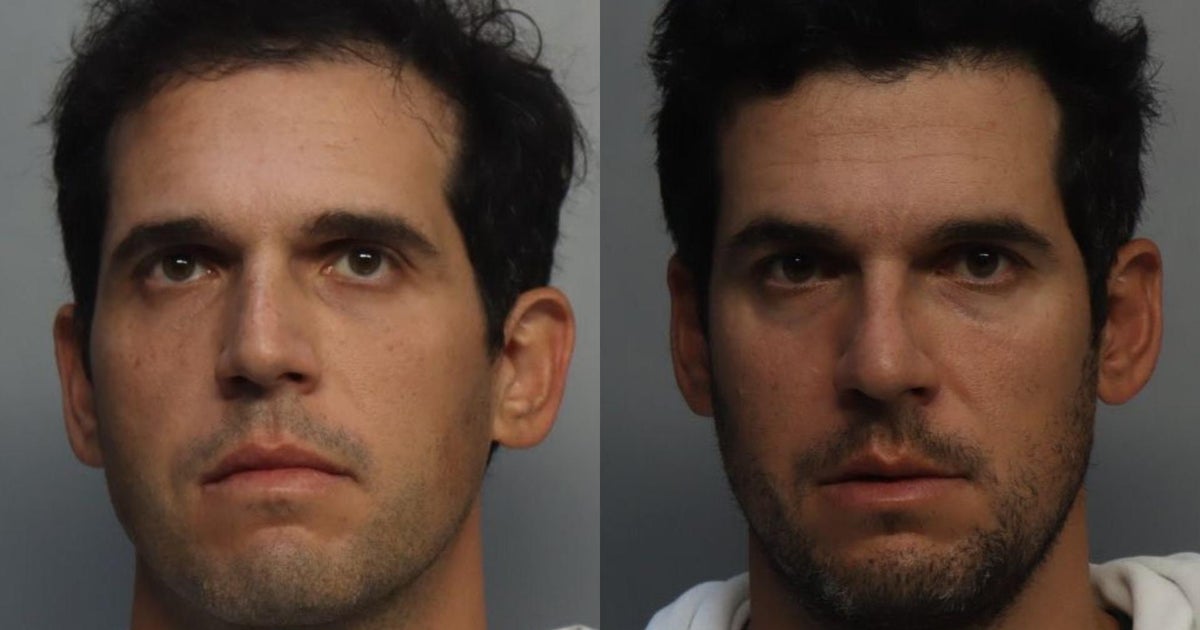CBS News
Walmart is selling a tiny house for less than $16,000

These days you can have almost anything shipped to your door from websites like Amazon and Walmart — including a house.
Walmart is now selling a tiny house online for $15,900. The 19-by-20 feet “expandable prefab house” is delivered by flatbed truck and requires a forklift for unloading, according to the online listing.
Made by Chery Industrial, a New York-based storage solutions company, the tiny home has space for a bedroom, living room, bathroom, dining room and kitchen. It comes unfurnished and without appliances.
Chery Industrial
Some Americans are turning to tiny homes amid high housing costs across the country, driven largely by a housing shortage stemming from a construction downturn following the 2007-09 Great Recession. Still, the sticker price could be deceiving, given the additional costs associated with owning such a home.
For starters, one would require land on which to install it, as well as building a foundation. The item’s description also recommends pouring concrete on its legs to increase its stability. Then there are also costs for everything from hiring a forklift for unloading the home to installing appliances.
Chery Industrial
In April, Amazon started listing the same tiny home, which is currently unavailable on its site. Chery Industrial also makes what it calls an “Apple Cabin,” which is currently available for sale on ebay, for $20,000, and whose exterior resembles an Apple electronic device, like an iPhone.
CBS News
The Pager Plot | Sunday on 60 Minutes

Watch CBS News
Be the first to know
Get browser notifications for breaking news, live events, and exclusive reporting.
CBS News
Mega Millions jackpot soars to $862 million for Friday night’s drawing

There’s still time to become a mega-millionaire for Christmas, but lady luck will have to be on your side.
No one matched Mega Millions‘ all six winning numbers last Tuesday, and the jackpot now stands at $862 million ahead of Friday night’s drawing.
The jackpot has been rolling since it was last won at $810 million in Texas on Sept. 10.
If there is a sole winner, they have a choice between an annuity, with an initial payment and then 29 annual payments, or a one-time lump sum payment. Most winners choose a cash payout.
For Friday night’s drawing, that would be an estimated $392.1 million before taxes.
If won at that level, it would be the largest prize ever won in December and the seventh largest in Mega Millions history.
According to Mega Millions, 13 jackpots have been won during December since the game began in 2002. Three were won in the days after Christmas, while the other 10 were won before Christmas. There has never been a jackpot win on Christmas Day, although over the years drawings have been conducted on Christmas six times – in 2007, 2009, 2012, 2015, 2018 and 2020.
Mega Millions drawings are held on Tuesday and Friday, tickets cost $2. The odds of winning the jackpot are about 1 in 303 million.
CBS News
IRS sending payments of up to $1,400 to 1 million people. Here’s who qualifies.

The IRS said Friday it is sending a total of $2.4 billion in “special payments” to 1 million people, part of an effort to ensure that Americans who didn’t receive all of their federal stimulus checks during the pandemic will get the money in their bank accounts.
The payments will vary by person, with a maximum amount of $1,400 per recipient, the agency said in a statement.
“To minimize headaches and get this money to eligible taxpayers, we’re making these payments automatic, meaning these people will not be required to go through the extensive process of filing an amended return to receive it,” IRS Commissioner Danny Werfel said in a statement.
Who will get a payment from the IRS?
The tax agency said it’s disbursing the funds after reviewing internal data that showed many people had filed tax returns but yet didn’t claim what is known as the “recovery rebate credit” in 2021.
That credit was designed for people who didn’t get all or some of the stimulus checks when they were issued during the pandemic. Lawmakers authorized three stimulus payments, with two sent in 2020 and a third in 2021.
Most taxpayers who were eligible for the stimulus payments have already received them directly, or later through the recovery rebate credit.
Do you need to apply for the IRS payment?
No. The IRS said it’s sending the payments automatically to about 1 million people who filed tax returns and who qualified for the recovery rebate credit yet didn’t claim it. The agency will send a letter to recipients to let them know they will receive the payment.
When will the IRS send the payments?
The tax agency said the checks will be sent in December, with most of the payments arriving by late January 2025.
The money will either be automatically direct deposited to the recipient’s bank account or will arrive in the mail via a paper check.










